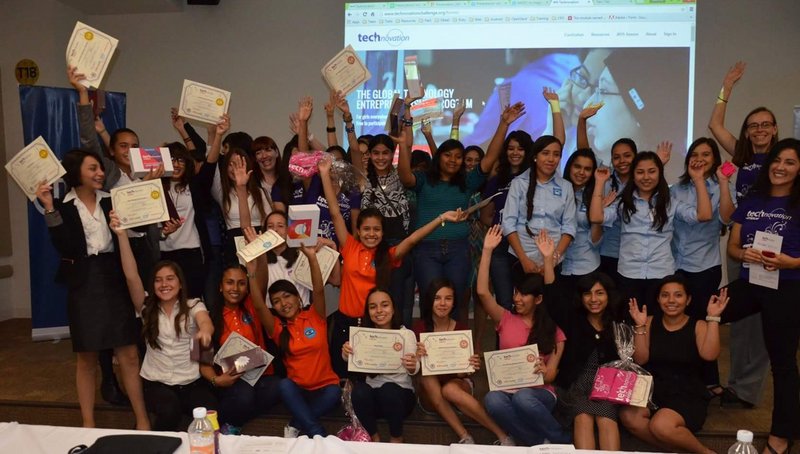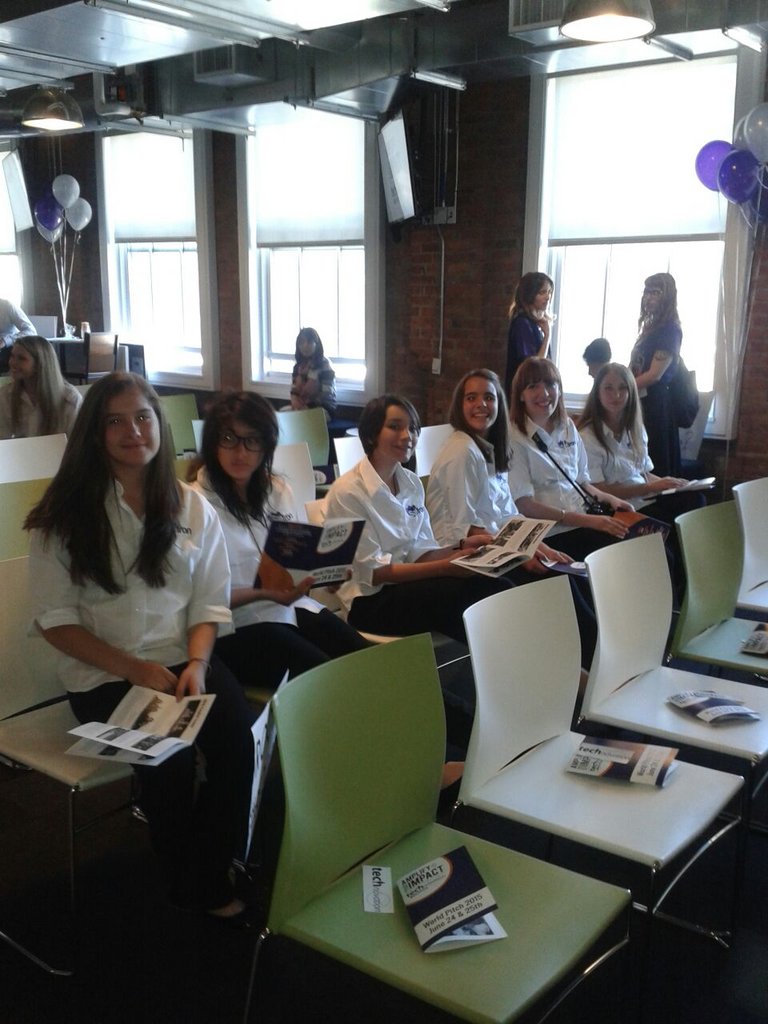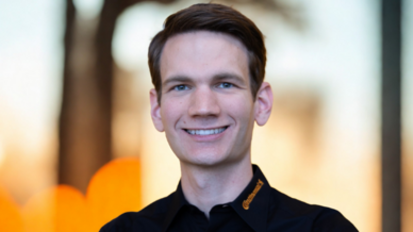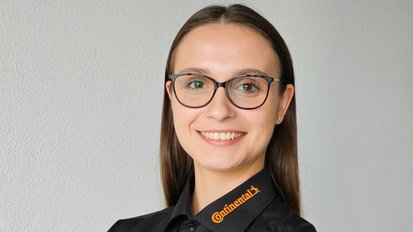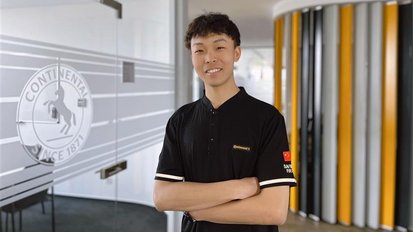How my Career Path Shaped my Role as a Mentor
My name is Adair Gutierrez and although I currently work at Continental Engineering Services in Auburn Hills as controller. I started my professional career in Continental Guadalajara, Mexico. During those years I worked in the central R&D Controlling team. One of the functions of a controller is to control (of course!) and report the hires. The growth of engineers in the location was evident year after year, however, I always observed a common trend. The percentage of female engineers was about 10% of the total. Engineering managers? Not even one. We all know that there is a shortage of women in technology. But I did not really understand the problem until I saw the numbers. According to statistics, only 20 percent of women who have access to higher education choose a career in the field of engineering, for cultural and social reasons! I started thinking about my particular case. During high school I was part of an entrepreneurship program ran by Junior Achievement and this highly influenced my decision to study Business. Would I be working on controlling today if someone had invited me to participate in a technology program?
One of the many opportunities I had at Continental Guadalajara was an opportunity to attend one of the meetings of the National Chamber of the Electronic Industry (CANIETI) at the women’s commission during 2015. One of the guests of that day, Maria Marakova, extended an invitation to participate as mentors for a program that she has been leading for several years. The program was Technovation Challenge, an international nonprofit program that seeks to bring girls from high school and high school to technology and entrepreneurship by creating a mobile app that solves a problem in their community. The program focus on girls from 13 to 18 years old and it requires professional female mentors to guide the teams.
Without thinking about that much I took the courage to participate. What if I could be create a positive impact in the lives of these girls? I was nervous about it because managing a group of teenagers is not an easy task and most important, I have no programming skills. To overcome my weakness, I teamed up with Sofía Romero, another of my colleagues at Continental and a Software Engineer. She was supporting programming and I was supporting the business plan.
We were assigned to a team of four public school students: Sofia, Tati, Paola and Sofia (yes, three Sofias in the team!). They did not have previous knowledge in programming and business knowledge but they did have a high interest and were eager to learn. Sofia ” the mentor” and I, were trying to fit this project between work and our personal life and it was not easy. We worked with them for several months developing their app named “Healthy life” and the business plan. The girls wanted to reduce the high rates of obesity in childhood in Mexico so this app sought to encourage users to eat healthy and exercise regularly.
Sometimes we would meet in a café on Sundays and sometimes at Continental during weekdays. We always had the support and the willingness to use Continental facilities. They met a lot of our colleagues at work. They even had the opportunity to present their pitch to Jorge Vazquez, the director of Santa Anita campus. He listened, motivated and encouraged them to do their best in the competition.
The big day was here and the girls did a great job presenting their app to judges from Tech companies from the city! They won first place in the national competition!
A couple of weeks later they also informed us that the team had been selected from more than 600 groups and 60 countries. The World Final Pitch would be held in San Francisco, California. They would had the opportunity to meet girls from other continents and even to tour the facilities of Silicon Valley companies.
The girls, who did not speak English and have never traveled abroad, prepared their final pitch and presented it to female leaders of technology companies such as Google, Yelp and Twitter. And although they did not win the first, I’m sure that the experience changed their lives: Their personal confidence increased and their vision of what they could achieve in life increased. They also learned that failure is normal thing and we should learn from errors. I hope that my girls become outstanding engineers (our whatever they want to be) and do well, just like their male counterparts.
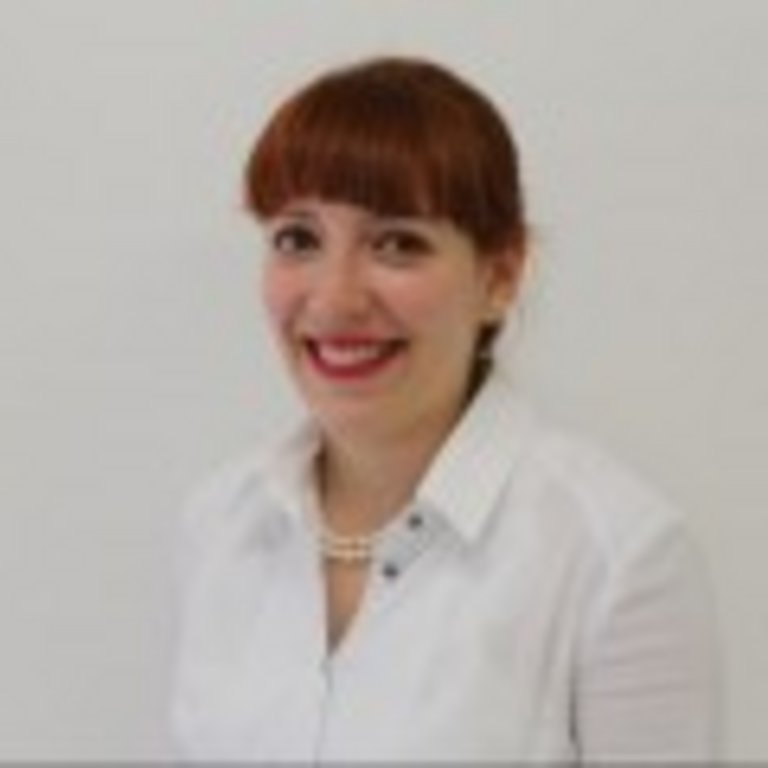
Adair Gutierrez
